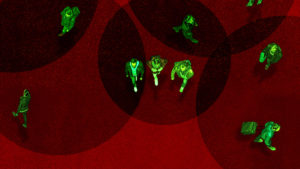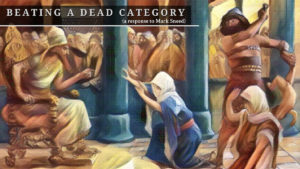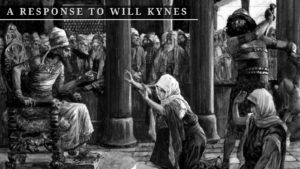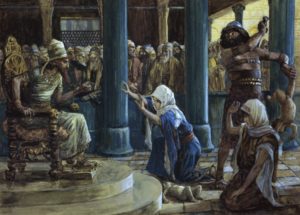FEATURED CONTENT
Philosophical Engagement with the Hebrew Bible/Old Testament: Some Methodological Reflections
Abstract A raft of recent “philosophical” interpretations have emerged within biblical studies. They have in common the expectation that ideas…
Say You, Say Ye: Individual and Collective Identity and Responsibility in Torah
Torah’s use of pronouns resists today’s strident commitment to self-autonomy. It does not merely present a collective identity in its place.
Beating a Dead Category: A Response to Mark Sneed
I’m grateful to my friend and Society of Biblical Literature Wisdom in Cognate and Israelite Traditions program unit co-chair, Mark…
Arranging the Decalogue: Punctuation Matters for Interpreting the Ten Commandments
Michael LeFebvre notes several literary features for a fresh look at the decalogue’s structure and how punctuation aids its interpretation.
‘Wisdom Literature’ Is Not Dead Yet: A Response to Will Kynes
I have already reviewed Will Kynes’s book, An Obituary for “Wisdom Literature,” in many ways magisterial, elsewhere. I am here…
The End of ‘Wisdom Literature’
This essay was adapted from a talk for Union Presbyterian Seminary’s Wisdom Webinar on April 27, 2021. At the Annual…
Worship: Bowing Down in the Service of God
Abstract Philosophers commonly assume that worship is a universal attitude. Two major approaches see worship as a sui generis attitude or as…
The Hebrew Republic? Divine Authority and Self-Governance
This article makes a case that the ancient Israelite tribes and peoples formed a legitimately self-governing society.
Constitution, Class, and the Book of Deuteronomy
Abstract The book of Deuteronomy has a dual agenda in its blueprint for the polity. First it rejects the exclusionary…









